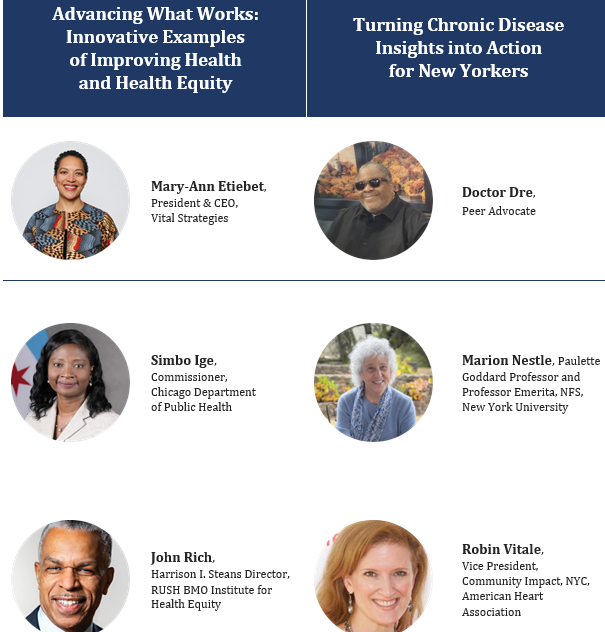This runs from 8:30 a.m. to 12:30 p.m, New York Academy of Medicine, 1216 5th Ave. Agenda to follow. Register here.

NIH, and agency of the Department of Health and Human Services under Robert F. Kennedy Jr, has issued its strategic plan for nutrition research for the next five years.
The Table of Contents states the goals and research objectives.
The goals:
I went right to #2. Its impact objectives:
Oops. Nothing about chronic disease? Where is the MAHA agenda in this?
On closer look, the report mentions chronic disease 8 times. It recognizes the problem, stating that
food systems and the food environment…are critical factors affecting consumer choices; dietary patterns; and, ultimately, health. Using this framework, ONR [Office of Nutrition Research]…will address critical components of the nutritional ecology—such as the shaping and impact of consumer attitudes, beliefs, and behaviors regarding food systems—and consider key questions to identify knowledge gaps in nutrition science that have direct bearing on diet-related chronic diseases….topical areas may include:
• Food production
• Food distribution and marketing
• Food delivery
• Food Is Medicine interventions
• Brain–body interactions
• Cooking and nutrition education
• Personalized and precision nutrition interventions
Ah yes, precision nutrition (targeting diets to specific individual genetic factors).
Identifying factors that predict inter- and intra-individual variability will likely decrease the burden of diet-related
chronic diseases and conditions and will also offer ways to tailor interventions for individuals and populations. [Goal 1, research objective 2]The plan is organized around a unifying vision of precision nutrition research and includes four strategic goals and five crosscutting research areas. These opportunities complement and enhance ongoing research efforts across NIH to improve health and to prevent or treat diseases and conditions affected by nutrition. [Box 1]
The strategic goals are organized around four questions:
These are good questions, but to me they seem like public health questions. It’s hard for me to imagine how they could be answered through precision nutrition.
I look forward to finding out how NIH plans to do this.